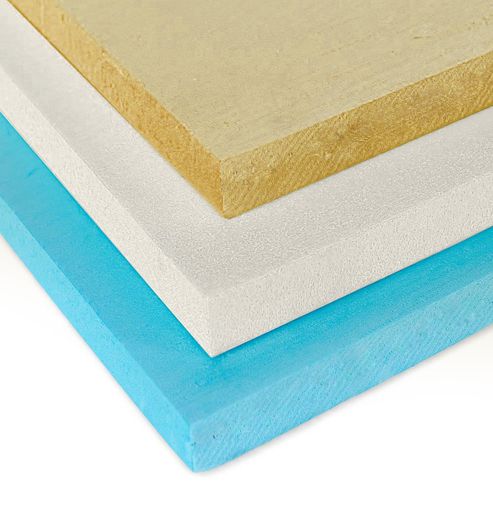
VCI Foam : Best Corrosion Inhibiting Solution
VCI Foam, or Volatile Corrosion Inhibitor Foam, is a type of packaging material that is designed to prevent corrosion on metal surfaces. It works by releasing volatile corrosion inhibitors into the surrounding environment, creating a protective barrier around the metal that prevents rust and other forms of corrosion from occurring.
VCI Foam is commonly used in packaging and shipping applications where metal parts or components are being transported or stored. It is an effective solution for protecting metal surfaces from the harmful effects of moisture, oxygen, and other environmental factors that can lead to corrosion and damage.
How VCI Foam Works : Mechanisms and Benefits
VCI Foam works by releasing volatile corrosion inhibitors into the air around metal surfaces. These inhibitors form a protective layer on the metal, preventing moisture, oxygen, and other harmful elements from coming into contact with the surface and causing corrosion.
There are several benefits to using VCI Foam for corrosion protection. First, it is a highly effective solution that can prevent corrosion from occurring even in harsh environmental conditions. Second, it is easy to use and can be cut or molded to fit any shape or size of metal part. Third, it is a cost-effective solution compared to other types of corrosion protection methods.
Types of VCI Foam and Their Properties
There are several different types of VCI Foam available, each with its own set of properties and characteristics. Some of the most common types of VCI Foam include:
• Polyethylene Foam : This type of VCI Foam is lightweight and flexible, making it easy to mold and shape to fit around metal parts. It is also resistant to water, oil, and other chemicals that can damage metal surfaces.
• Polyurethane Foam : Polyurethane VCI Foam is a denser and more durable option that can provide additional cushioning and shock absorption. It is also resistant to abrasion and tearing, making it a good choice for shipping and transportation applications.
• ESD Foam : ESD VCI Foam is designed to provide both corrosion protection and electrostatic discharge (ESD) protection. It is a good choice for electronics and other sensitive equipment that is susceptible to damage from static electricity.
Applications of VCI Foam in Packaging and Shipping
VCI Foam is commonly used in a variety of packaging and shipping applications where metal parts or components need to be protected from corrosion. Some of the most common applications include :
• Automotive Parts : VCI Foam can be used to protect metal parts and components during transportation and storage, including engine blocks, brake components, and suspension parts.
• Electronics : VCI Foam is a popular choice for protecting sensitive electronic equipment from both corrosion and ESD damage during shipping and storage.
• Machinery : VCI Foam can be used to protect heavy machinery and industrial equipment from corrosion during transportation and storage.
Best Practices for Handling and Storing VCI Foam to Maintain Its Effectiveness
To ensure that VCI Foam remains effective in preventing corrosion, it is important to follow proper handling and storage practices. Some best practices to consider include:
• Keep VCI Foam in a cool, dry place to prevent moisture from degrading the effectiveness of the inhibitors.
• Store VCI Foam in its original packaging until it is ready to be used to protect metal parts.
• Avoid touching VCI Foam with bare hands, as oils and other contaminants can interfere with the effectiveness of the inhibitors.
• Use VCI Foam as soon as possible after opening the packaging to ensure maximum effectiveness.
• Dispose of used VCI Foam properly, as it may still contain active inhibitors that can harm the environment if not disposed of properly.

